By Afra Kamal
… at the forefront of climate action as an environmental scientist working with non-governmental organisations around the world.
The rate at which climate change is occurring is alarming, and the reality of the situation is that not nearly enough is being done to rectify the situation. With the equivalent of 27 football fields of forests being lost every minute and greenhouse gas concentration in the atmosphere at its highest level in 2 million years, the future seems bleak for the next generation.
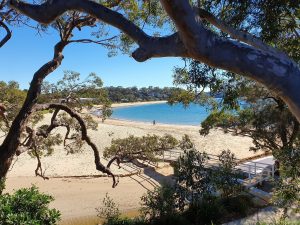
We can perhaps ask ourselves what led us to this emergency, in order to fully understand what can be done to solve this issue. Many will point to the collective action of individuals in being complacent with their everyday choices and not looking into the impact of their lifestyles. The effect of personal choices cannot be disregarded, like the enormous land and water use of agriculture as well as its greenhouse gas emissions, but it can be said with confidence that the majority of fault can be placed on major companies in sectors such as the fossil fuel and mining industries. These corporations have long known of their significant impact on the environment, such as in leaked documents from the 1980s from Shell and Exxon that predicted the damage that would be caused to the natural environment in the years to come as a result of their products.
Decades of non-action and denial have created a crisis that will deeply and inexorably affect the lives of people to come. In fact, we are already seeing the devastating consequences of climate change on many people across the world, none more pressing at this moment than the plight of Indigenous peoples living in the Amazon Rainforest of Brazil. As of writing this post, over 2000 fires are currentlyburning in the Amazon Rainforest, threatening more than 400 Indigenous tribes that live in the forest. Striking parallels have been made by many between the situation in the Amazon Rainforest and the fire at the Notre Dame Cathedral in Paris earlier this year, and the disturbing difference in media coverage. A study by the nonprofit media watchdog Media Matters for America found that the Notre Dame fire garnered 93% more coverage by the media than the Amazon Rainforest fires, despite having been burning for the past three weeks.
We live such privileged lives in Australia to be able to take for granted the natural environment, when so many other nations and people must pay the price of climate change. The reality is, as an island nation, Australia is not far from also being seriously faced with the effects of climate change. In order to stay less than the 2 degrees Celcius target of warming by 2100 set by the United Nations, global carbon emissions must reach zero by 2030. Beyond this point, the environment would be subject to near-irreversible damage and have deadly impact on the human race, including but not limited to extreme weather events and natural disasters, as well as deadly heat waves and exponentially rising sea levels.
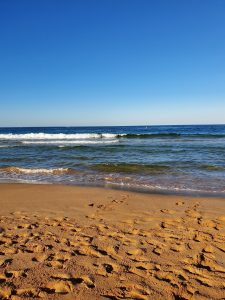
At 26, in the year 2030, I would want to be able to contribute to reaching the UN’s target and be part of the solution to this immense global issue. This task is enormous, given the fact that global emissions continue to increase annually and that we are already at 1 degree Celcius of warming in 2019, but it is with science and activism that we as a generation will be able to solve one of humanity’s greatest challenges. Extraordinary individuals such as Greta Thunberg from Sweden, just ten months older than myself, have already created immense awareness of the issue of climate change amongst youth across the world, and have demanded the attention of governments to implement real legislative action for this crisis.
As an environmental scientist, I will use both my knowledge and understanding of the natural environment and how climate change affects it as well as my passion for nature to change how society views this issue and make a global impact with my research. Alongside my colleagues from various STEM disciplines, I will work with non-government organisations in Australia and overseas to create innovative and sustainable solutions and bring them to areas that are either most affected by climate change, or contribute to it most.
Ultimately, it will be the task of my generation to essentially reverse the damage that has been done to the environment before it is too late. However, it is my firm belief that with more and more people joining the STEM field and activism groups for climate change, we will be able to save our planet. I end with this Cree saying from the Indigenous people of Canada:
“Only when the last tree has died, and the last river has been poisoned, and the last fish has been caught, will we realise we cannot eat money.”
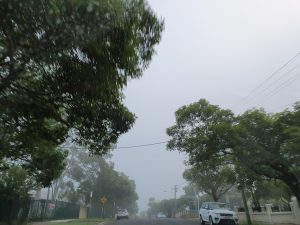
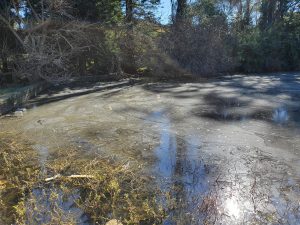
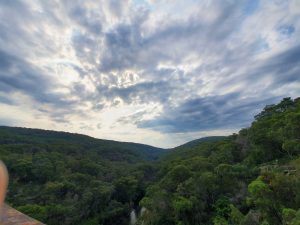
We must protect our breaches, our atmosphere, our creeks, our forests and our oceans.
All photos by Afra Kamal
Pingback: Future Champs: By 2030 I’d love to be… | UNSW Women in Maths and Science Champions Program Blog